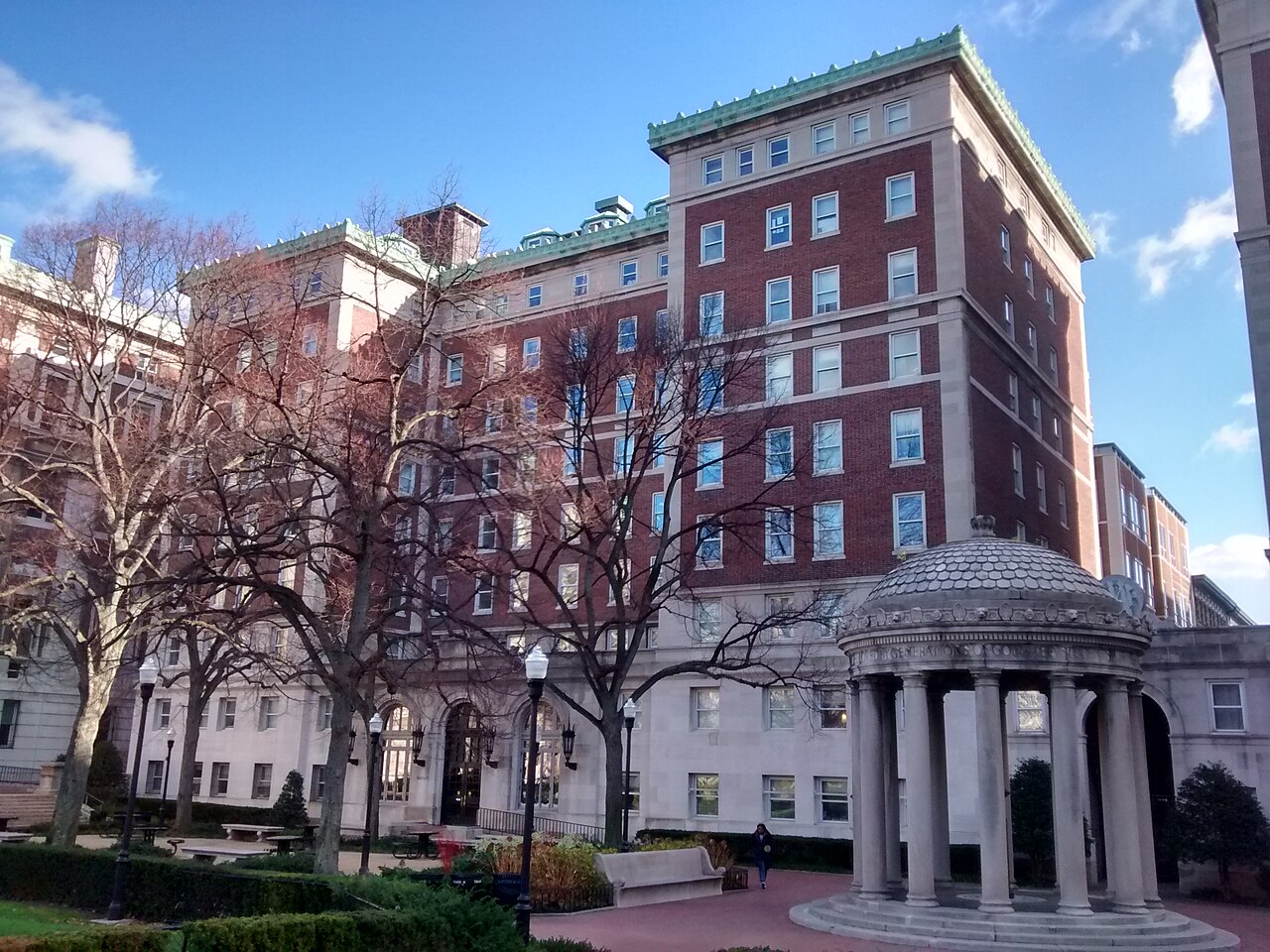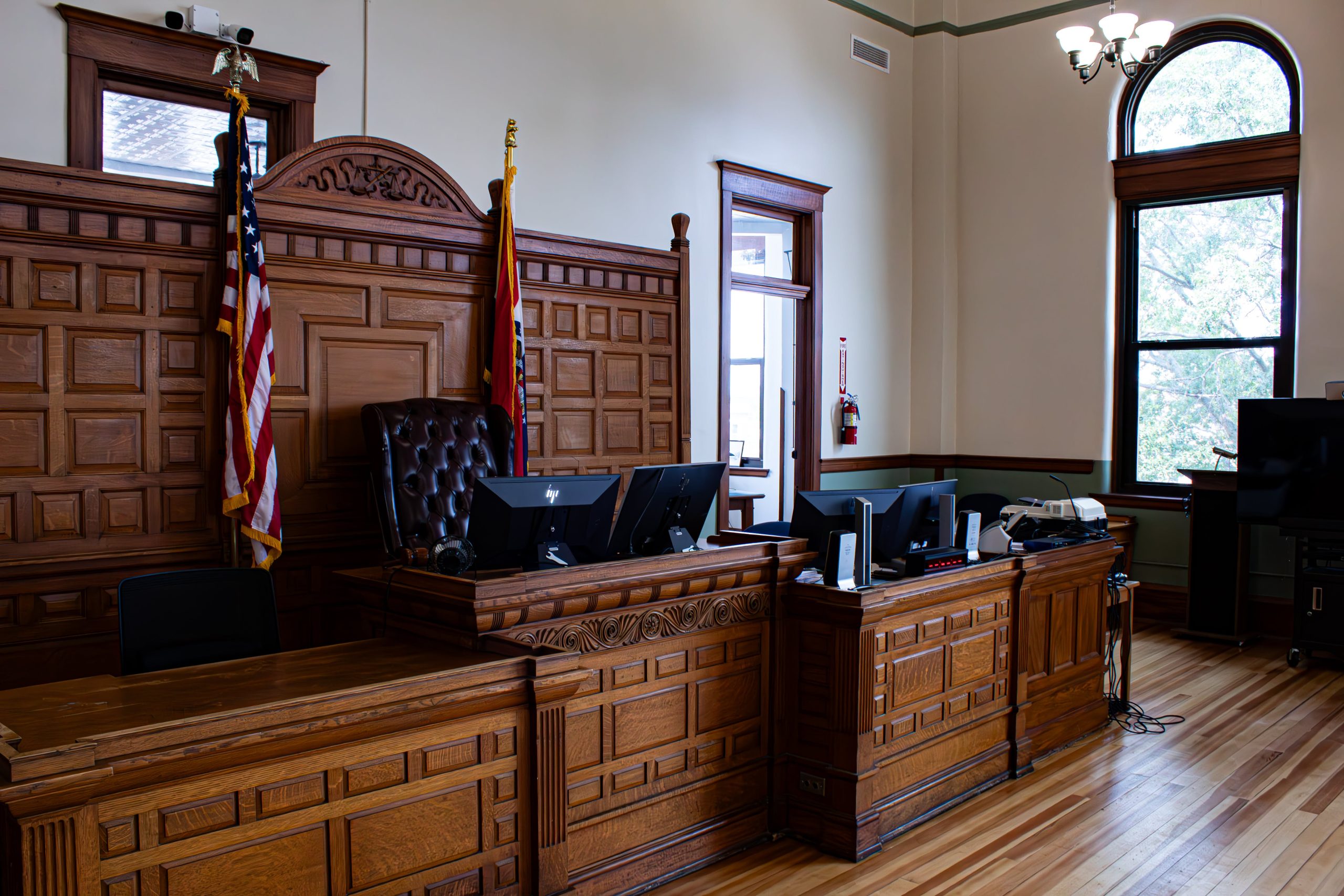 A group of Massachusetts lawmakers has introduced a bill this year that would require automatic sealing of many criminal records after specified waiting periods have passed from the end of the defendant’s sentence. The waiting periods have been part of the Commonwealth’s sealing laws for many years and, as we have previously written, were last amended in 2018, when they were reduced to seven years for a felony record and three years for a misdemeanor or delinquency record, provided the defendant has no subsequent convictions (sex offenses cannot be sealed for fifteen years or while the defendant remains required to register as a sex offender). But although the 2018 reforms made sealing more accessible, one estimate puts the number of applications for sealing at only ten percent of the total number of eligible defendants. The new legislation aims to dramatically increase the number of sealed records by eliminating the current petitioning process and automatically sealing records after the waiting period.
A group of Massachusetts lawmakers has introduced a bill this year that would require automatic sealing of many criminal records after specified waiting periods have passed from the end of the defendant’s sentence. The waiting periods have been part of the Commonwealth’s sealing laws for many years and, as we have previously written, were last amended in 2018, when they were reduced to seven years for a felony record and three years for a misdemeanor or delinquency record, provided the defendant has no subsequent convictions (sex offenses cannot be sealed for fifteen years or while the defendant remains required to register as a sex offender). But although the 2018 reforms made sealing more accessible, one estimate puts the number of applications for sealing at only ten percent of the total number of eligible defendants. The new legislation aims to dramatically increase the number of sealed records by eliminating the current petitioning process and automatically sealing records after the waiting period.
Sealing a criminal record can be an important step in allowing former criminal defendants to access to jobs, housing, and other opportunities that are not available to people with a criminal record. After a record is sealed, it doesn’t appear on the version of the defendant’s CORI that an employer or housing provider would receive, but it remains available to courts and various state and federal agencies including law enforcement and child services.
Under current Massachusetts law, former defendants whose records have passed the waiting period need to file a petition to the Probation Department to start the sealing process. The petition is free, but the defendant needs to know that they are eligible for sealing and submit the form, which includes identifying the correct statutory provision and attesting that the statute’s requirements are met. Some people’s records might also be more complex, such as those with a mix of eligible and non-eligible charges, which creates the added complexity of requiring a separate petition to the court that issued the charges. A separate petition is usually required if the defendant seeks to seal a record of a dismissed or dropped charge before the end of the waiting period (a process known as discretionary sealing).
 Columbia University, Brown University, the University of Virginia, Cornell University, and Northwestern University—have signed deals with the Trump administration. The focus of these deals on specific forms of supposed discrimination occurring on campus—namely antisemitism, “DEI” initiatives, and gender inclusivity in university facilities and athletic programs—illustrate the Trump administration’s enforcement priorities at higher education institutions.
Columbia University, Brown University, the University of Virginia, Cornell University, and Northwestern University—have signed deals with the Trump administration. The focus of these deals on specific forms of supposed discrimination occurring on campus—namely antisemitism, “DEI” initiatives, and gender inclusivity in university facilities and athletic programs—illustrate the Trump administration’s enforcement priorities at higher education institutions.  Boston Lawyer Blog
Boston Lawyer Blog
















